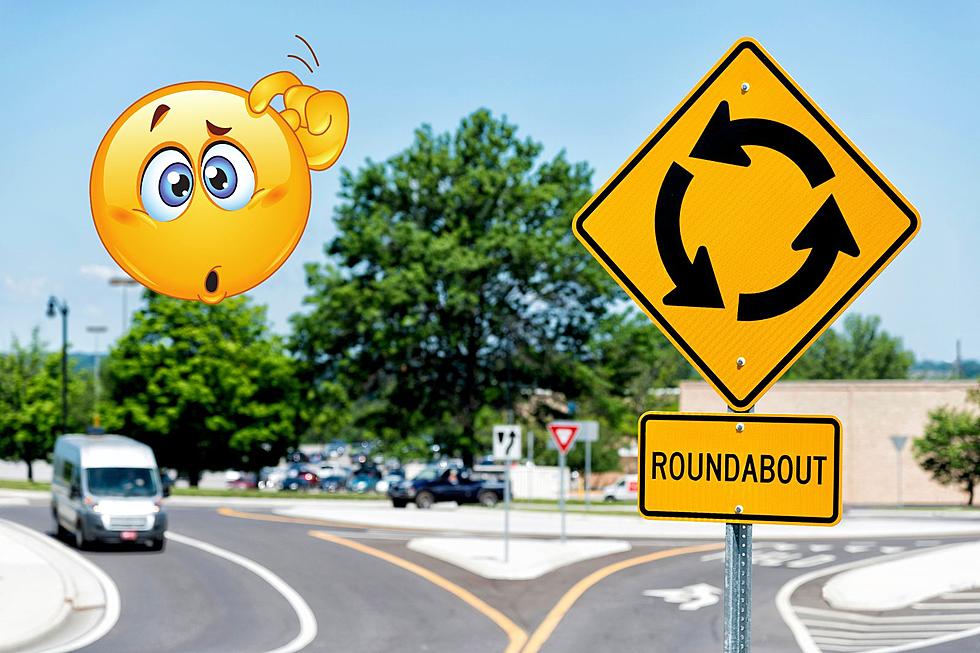
Is It Illegal In Minnesota To Throw Things Like Banana Peels, Apple Cores, Or Seed Shells From Your Car?
Unfortunately, many people litter. However, when someone throws biodegradable food items out the window, is that considered littering in Minnesota?
You might be asking yourself, what exactly is a biodegradable food item? I'm glad you asked. I'm talking about banana peels, orange peels, apple cores, sunflower seeds, and stuff like that.
Now, what exactly is littering in Minnesota? According to Minnesota Statue 169.42:
No person shall throw, deposit, place, or dump, or cause to be thrown, deposited, placed, or dumped upon any street or highway or upon any public or privately owned land adjacent thereto without the owner's consent.
The statute also went on to state that anyone who violates the provision will be guilty of a Misdemeanor and will go on the driver's personal record. Plus, leaving food on the ground also attracts wildlife.

While those food items listed above are biodegradable, here is roughly how they take to breakdown:
Banana Peels
It takes about two years for a banana peel to decompose.
Apple Core
Apple cores can take anywhere from a month to a year or two to fully break down.
Pistachio Shells
While pistachios are very nutritious and a great source of fiber, it takes up to 3 years for the shells to break down.
Orange Peels
While they do decompose faster than a banana peel, it still takes about six months for orange peels.
Sunflower Seed Shells
These little guys decompose like pistachio shells in up to three years.
Lettuce
Not sure why anyone would be throwing anything out their window, but I have seen parts of sandwiches along the side of the road. It takes up to 25 years for lettuce to decompose.
Long story short, even though food is biodegradable, it is still littering and illegal in Minnesota. Littering in Minnesota is also described as:
Whoever unlawfully deposits garbage, rubbish, cigarette filters, debris from fireworks, offal, or the body of a dead animal, or other litter in or upon any public highway, public waters or the ice thereon, shoreland areas adjacent to rivers or streams


